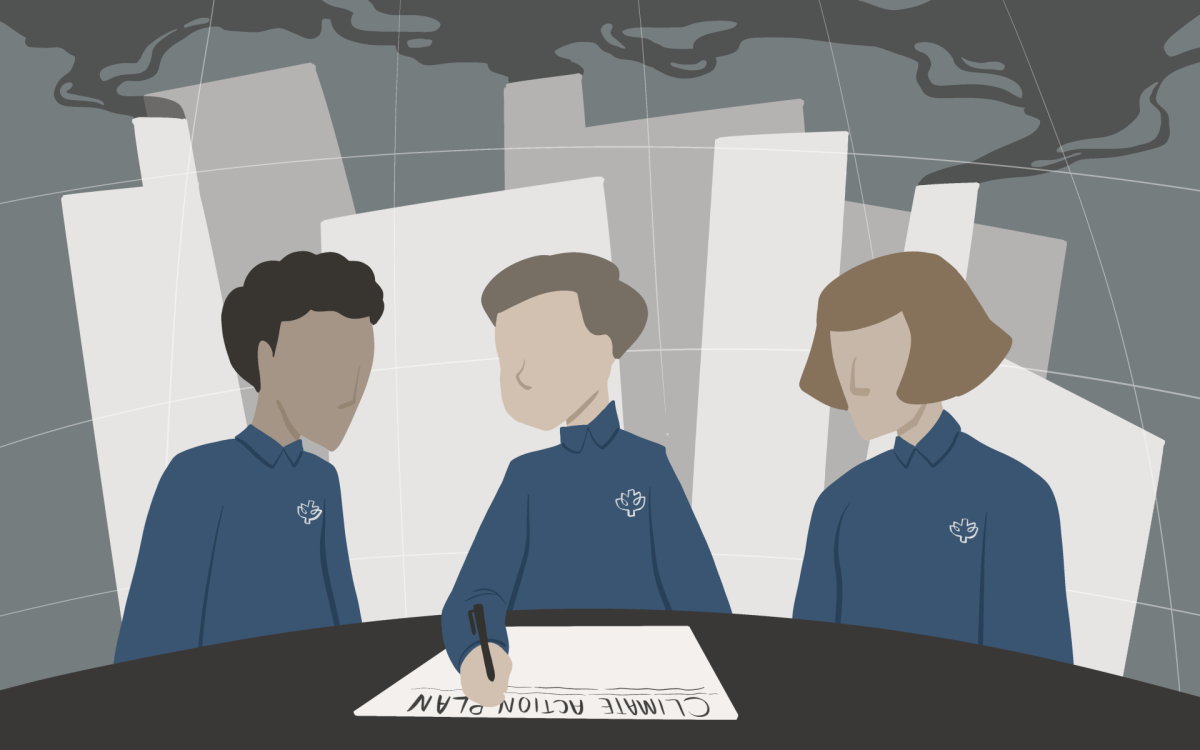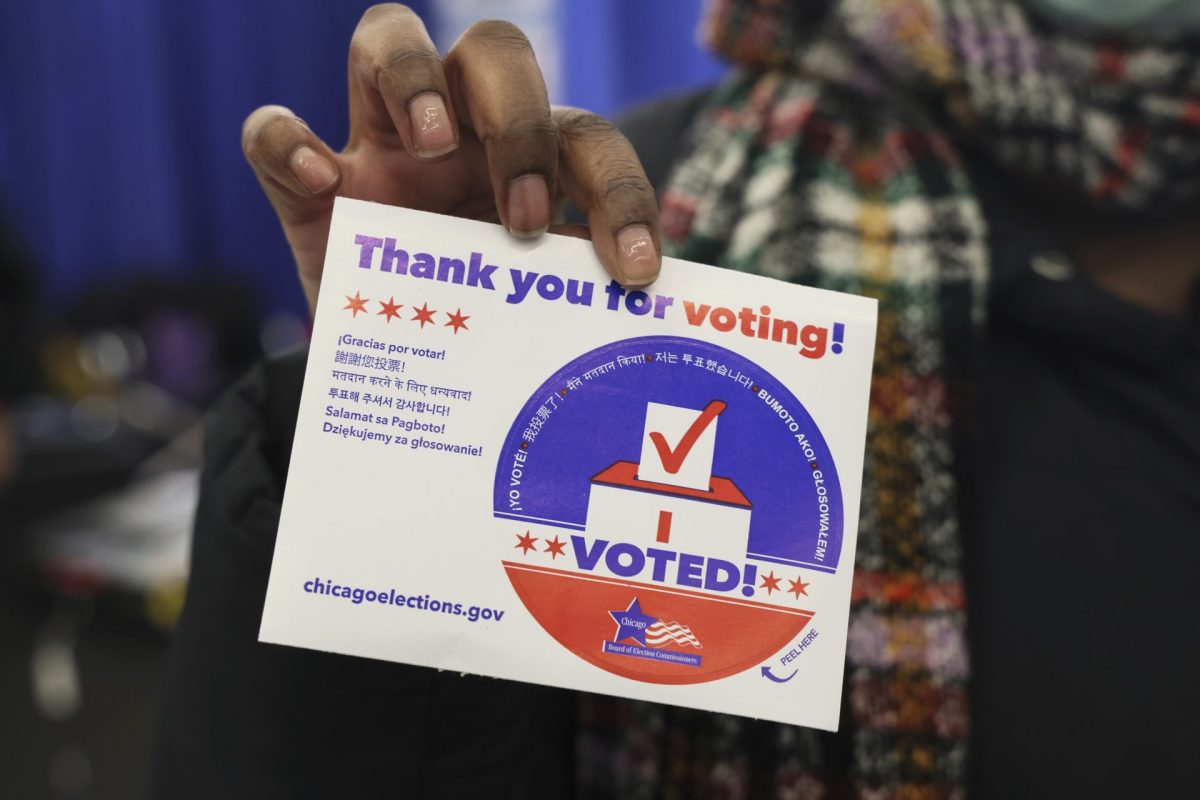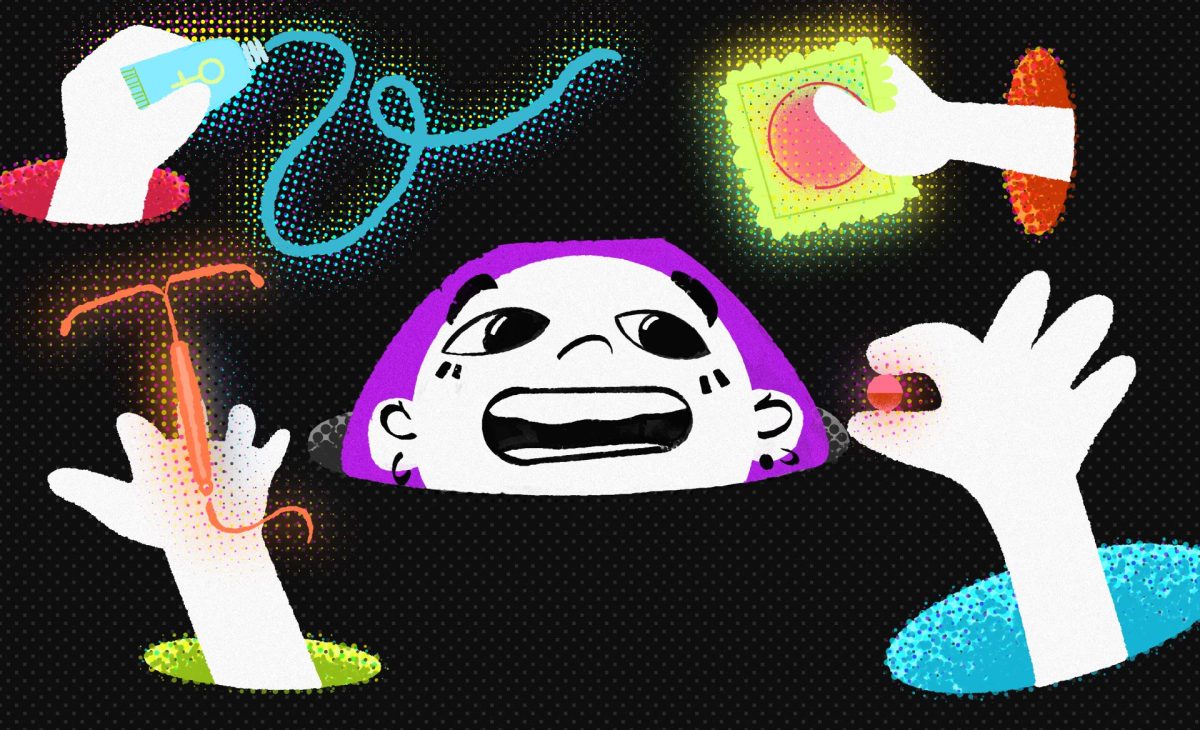With midterms around the corner, the idea of waking up after a late night without a large, ice-cold energy drink is almost unfathomable. Unfortunately for many college students, this could soon become a reality in Chicago.
Alderman Edward M. Burke (14th), chairman of the City Council’s Finance Committee, recently proposed a ban on energy drinks containing a minimum of 180 milligrams of caffeine.
In the proposal, Burke stated, “No person shall sell, give away, barter, exchange or otherwise furnish any energy drink.” Any offense would be subject to a fine ranging from $100-$500 and further offenses could cause the suspension or revocation of the retailer’s business license.
A ban on energy drinks would be a cause for concern for many young adults, such as DePaul sophomore Dustin Duzinskas.
“Sometimes when I wake up for class and feel really tired, I’ll pound an energy drink for that extra boost,” said Duzinskas. “I’ll also have an energy drink when I’m on a long drive late at night.”
Fortunately, those who rely on energy drinks for early mornings or late nights can breathe a sigh of relief. Since the proposal would only ban drinks containing more than 180 mg of caffeine, energy drinks would still be available in smaller sizes. In Alderman Burke’s proposal, an energy drink is defined as “a canned or bottled beverage which contains an amount of caffeine exceeding or equal to 180 milligrams-per-container and containing Taurine or Guarana.” Energy drinks that would be banned under the proposal include Full Throttle’s 16 ounce can and Extra Strength 5 Hour Energy.
This is not the first attempt to ban energy drinks in Chicago. Burke tried to ban Four Loko drinks in 2010. Ald. George Cardenas (12th) and William Burns (4th) previously proposed a ban on energy drinks for people under 21-years-old. However, Cardenas later told the Chicago Sun-Times that he only wanted to draw attention to the issue, and that he was not interested in banning the sale of energy drinks.
DePaul freshman Donovan Singer has similar beliefs as Burke.
“I wouldn’t mind if energy drinks were banned,” said Singer. “I think that people should just drink coffee, it does the job and it’s healthier.”
When comparing the two in terms of caffeine, smaller sizes of energy drinks – such as an 8.4-ounce Red Bull – contains 80 milligrams of caffeine, which is relative to the same-size coffee.
However, Burke’s ordinance states that at least five deaths since 2009 can be attributed to Monster Energy drink, specifically. According to an article in the New York Times, emergency room visits across the country linked to effects from energy drinks have doubled since 2007. In 2007, there were 10,068 visits compared to the 20,783 visits in 2011.
Kim Amer, an associate professor at DePaul’s School of Nursing, said energy drinks have the potential for health risks related to the high caffeine content, including heart palpitations and serious arrhythmias.
“Many of the energy drinks have four times the amount of caffeine per ounce than the highest caffeine soda, like Mountain Dew,” said Amer. “The problem is that the general rule is not having more than one can of energy drink a day. Many young people drink two or three, and that’s when the heart risks go up. So taking the drinks off the market may be extreme. Maybe we just need to ask for a warning label.”
The proposal is still in the preliminary stages and it will take time until a final answer is announced. But Matt Dowd, personal trainer and director of the North Shore operations for Jim Karas Cardio-Free Studio, does not necessarily believe that energy drinks should be banned.
“It would be hard for me to say that energy drinks should be banned,” said Dowd. “Most of the issues with energy drinks are only because of people who drink way too much of it. If we can ban energy drinks, it crosses that line of what else can we get rid of?”







